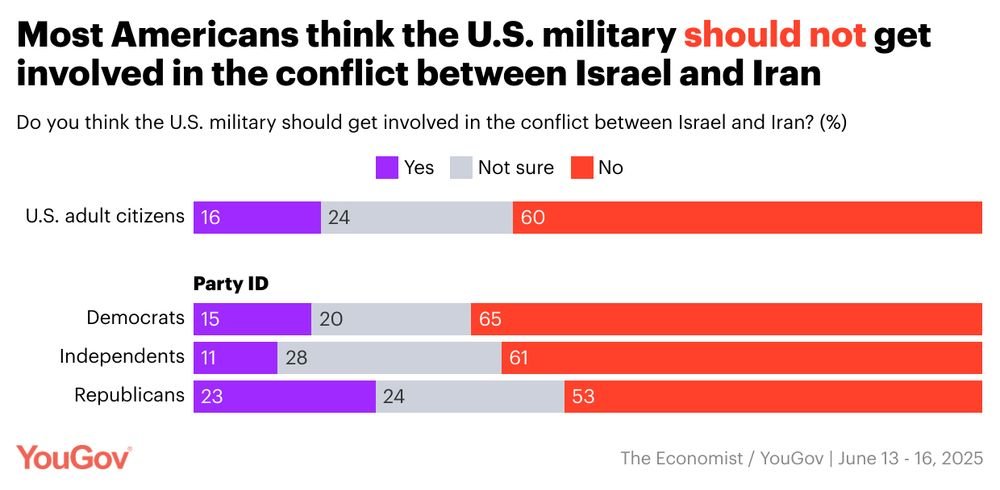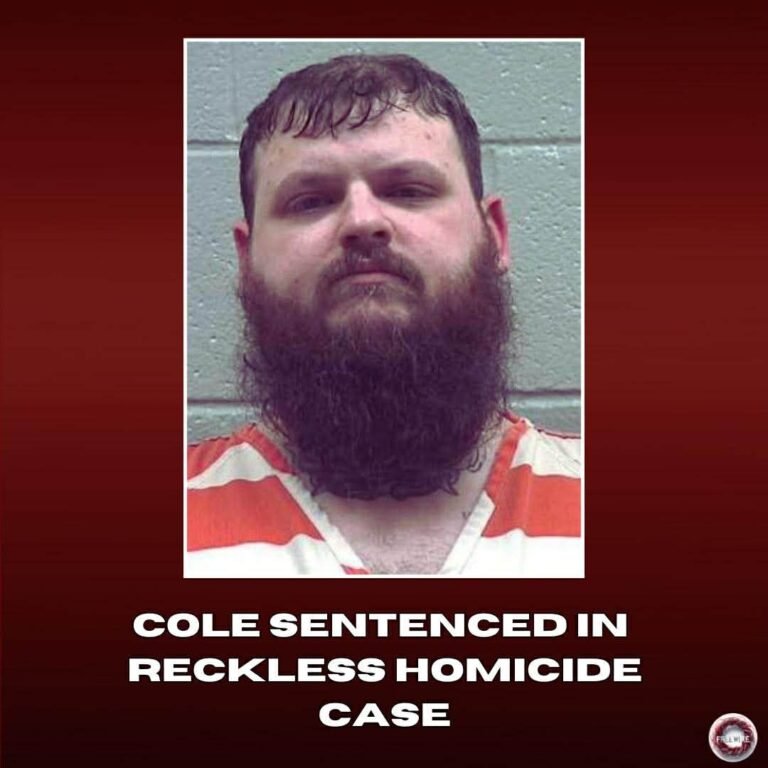By Logan Andrew, Editor-in-Chief, FreeWire

There’s a dangerous familiarity to the current drumbeat toward conflict with Iran. The language, the timing, the secrecy—it all feels like echoes of the early 2000s, when a nation still reeling from 9/11 was sold a war on the premise of weapons that never existed. This time, the target is Iran’s nuclear program. The stakes are higher, and the margin for error is razor-thin.
I’ve been consistently critical of Donald Trump, just as I was critical of Joe Biden, a fact Trump supporters tend to forget when labeling me a partisan hack. But credit where it’s due: one of Trump’s few consistent strengths was his willingness to keep the foreign policy establishment in check. Say what you will about his style, but during his presidency, the United States didn’t launch a new major war. In an era dominated by bipartisan appetite for intervention, that kind of restraint stood out.
Today, though, that restraint looks like it’s wearing thin. After the recent bunker-buster strikes on Iran’s enrichment facilities—arguably the most aggressive U.S. military action in the region since the ISIS campaign—Trump’s image as a reluctant hawk is hanging by a thread. And just like with Iraq, we’re being asked to trust anonymous intelligence, vague threats, and a storyline that frames war as the only viable option.
The problem isn’t that Iran is a benevolent actor. It’s not. The regime is authoritarian, its human rights abuses are well documented, and its support for militant proxies across the region continues to destabilize its neighbors. But the same was true of Saddam Hussein. The real question isn’t whether a regime is bad; it’s whether war will make anything better. The answer in Iraq was a resounding no. Most Americans haven’t forgotten that.
Recent polling makes it clear: just 36 to 40 percent of Americans support the airstrikes on Iran. Nearly half oppose them. An overwhelming 84 percent are worried about U.S. troops being drawn into a wider war, and around 80 percent fear Iranian retaliation against civilians. Even among Trump’s base, support for escalation is limited. Only 20 percent back sending in ground troops.

In short, the public has no stomach for another endless war. They’ve seen this movie before, and they know how it ends.
There’s a pattern here. Iraq was justified with intelligence that turned out to be false. The press repeated it. Politicians who knew better stayed quiet. The public, trusting their leaders, followed them straight into a disaster. Two decades later, we’re still counting the cost.
Now we’re being told Iran is just months away from building a nuclear bomb. Maybe that’s true. But we’ve heard that before, year after year, from administration after administration. If the threat is real, then diplomacy and deterrence remain our best tools. If it’s not, then we’re once again gambling with lives, credibility, and stability in pursuit of a war that was never necessary to begin with.
If Donald Trump still wants to be remembered as the outsider who stood up to the establishment’s hunger for war, now is the moment to prove it. Because the path he’s on leads right back to the very thing he once claimed to oppose: a costly, open-ended conflict in the Middle East, built on fear, sold with spin, and paid for in blood.





















